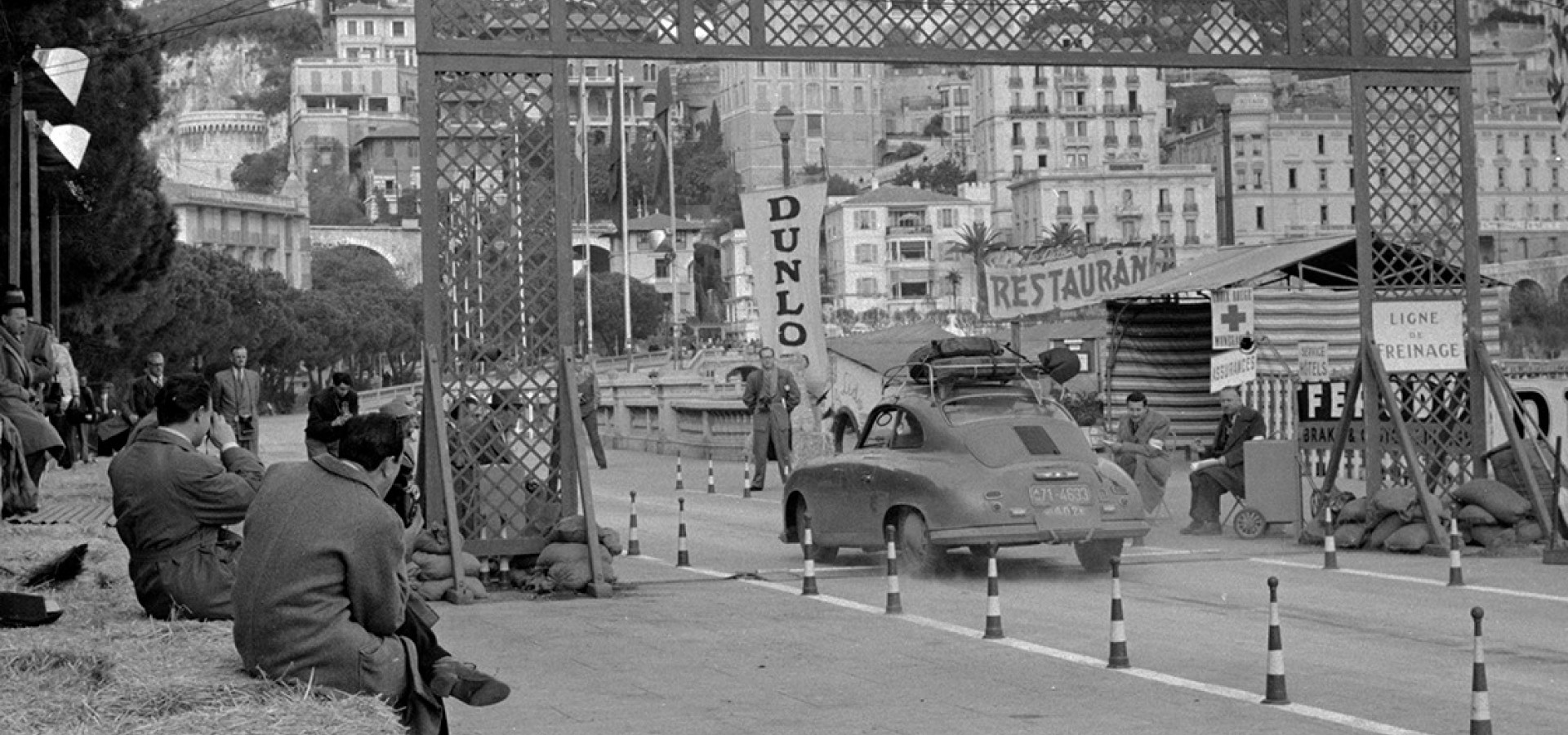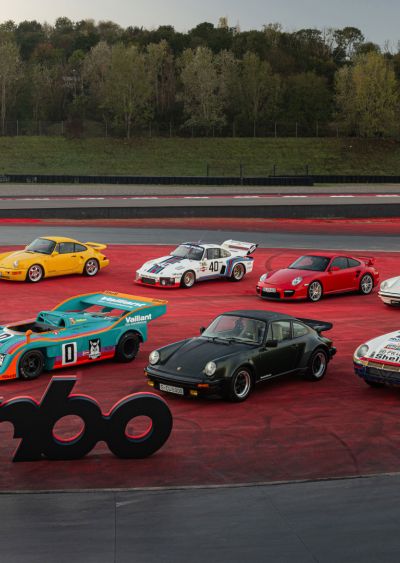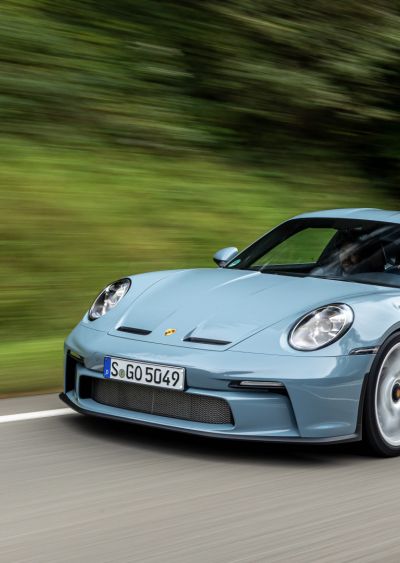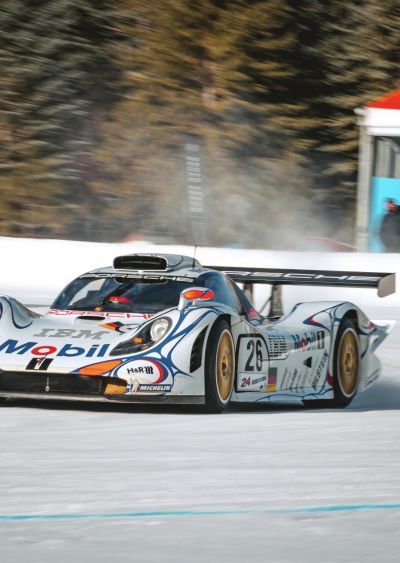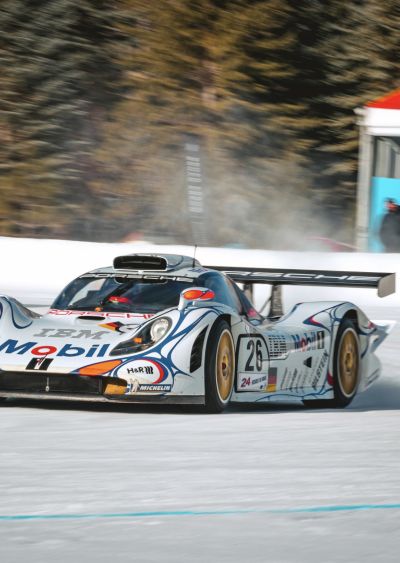The most important victories in the world of rallying have been the brand title in the 1970 world rally (then the international championship) and the victories in the Paris-Dakar in 1984 and 1986. It has also won 20 European mountain championships and has won 11 Targa Florio. In addition to 19 absolute victories in the 24 Hours of Le Mans, being the manufacturer with the most absolute victories on the French circuit.
Porsche 356
The Porsche 356, being the brand’s first mass-produced model, logically was also the first to compete in rally, always in private hands and being very competitive. The first victory came in 1952 in the “Rally of the Midnight Sun” ( Sweden ), a test that it dominated perfectly, since it won again in 1953, 1954, 1955 and 1963.
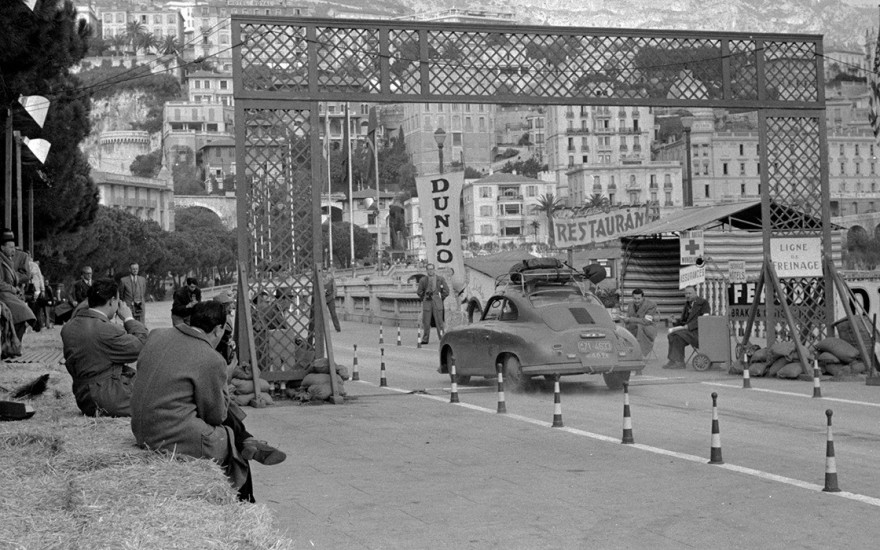
The other rally in which the 356 performed remarkably was Liège – Rome – Liège, where, due to the large number of kilometers traveled, reliability was very important. It won this rally four times: 1952, 1954, 1957 and 1959. Helmuth Polensky in 1953 and Hans-Joachim Walter were proclaimed European champions of a 356 in 1961. Outside of Europe, the 356 managed to win the Pan American Race in its category in 1952 and 1953 (the victories in this race were the origin of the name Carrera used for the 356 and 911).
Porsche 911 2.0
911 debuted in rallying at the 1965 Monte Carlo Rally, earning a fifth place. The following year the regulations for approvals changed; Porsche managed to homologate the same model for all groups (although for group 1 it did with the 912).
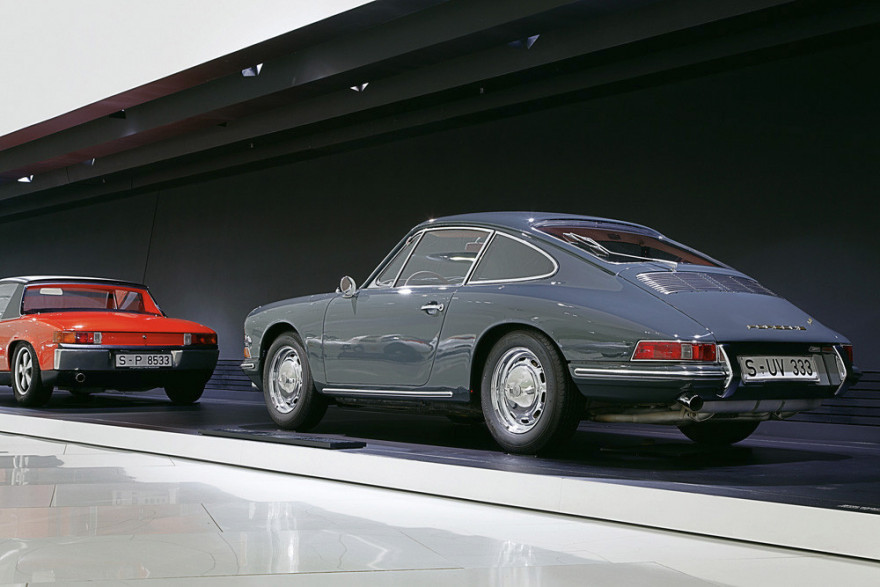
The first victory in the top-flight rallies came at the 1966 Rallye Deutschland. Until 1969, it had 19 victories, including two Monte Carlo Rallies. In 1968 Pauli Toivonen was proclaimed champion of Europe and Porsche was third in the World Endurance Championship. The following year they were seconds. The power and weight of the 911 depended on the group in which it was approved. For group 5 it offered 210 hp and 830 kg of weight.
Porsche 911S 2.2 and 2.5
With the experience gained in the previous 4 years, the new 911S 2.2 was presented for the 1970 season.
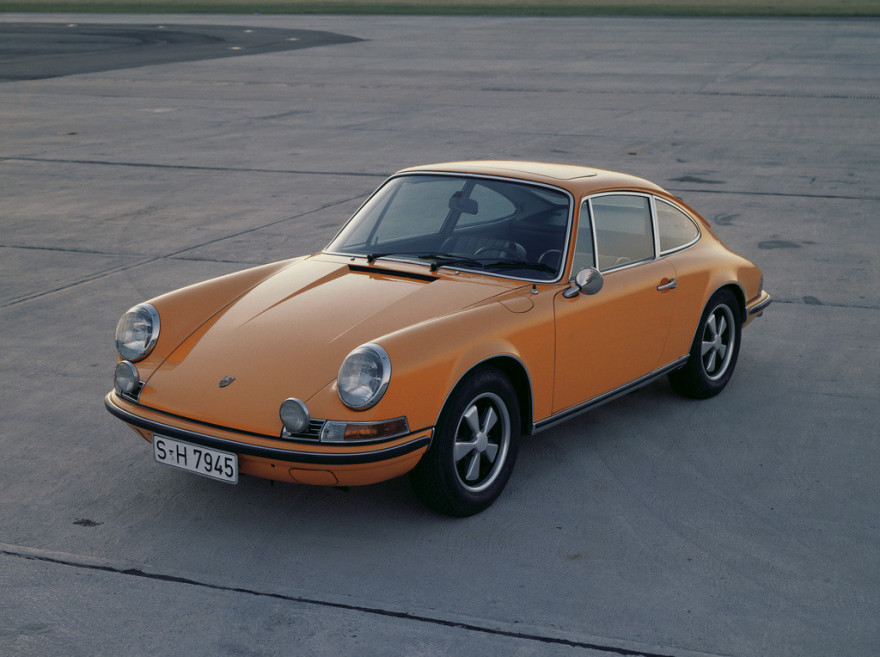
That season Björn Waldegård had 3 victories: Monte-Carlo, Sweden and Austria. This was the last season that 911 had an official team, going from then to private teams. The 2.2 developed 230 CV and the 2.5 increased to 275 CV.
Porsche SC and 911 RS
In 1973 created the World Rally Championship the FIA, which resulted in the prohibition of group 5. Porsche’s answer was the 911 Carrera RS 2.7 for group 3. This model differed from the previous by his “Dovetail” due to the shape of its rear wing. The RSR version was homologated for group 4. Later the engine was expanded to 3 liters, reaching 300 HP of power. As the factory no longer had official equipment and the Lancia Stratos dominated with an iron fist, the results were scarce in the world championship. It was only able to win the 1978 Monte-Carlo Rally with Jean-Pierre Nicolas. However, in the hands of private drivers, it won numerous national titles during the 1970s.
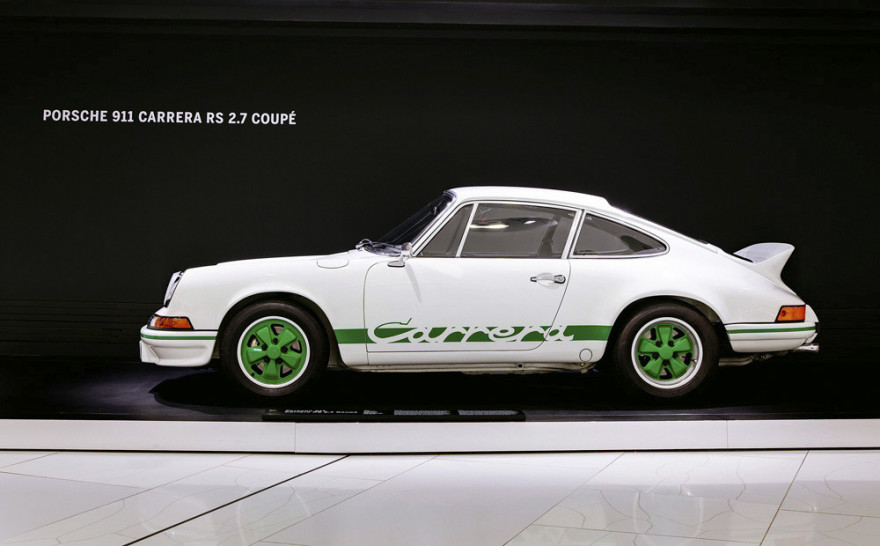
In 1978 Porsche announces its replacement, the 911SC. This model marked the return of an official Porsche team, sponsored by Martini, for the 1978 Safari Rally. In this debut, the performance was very good and only the problems with the suspension deprived Björn Waldegard of victory. In the end, Porsche had to settle for second and fourth place, signing one of its best performances in Africa. Despite the fact that soon the Porsches returned to private hands, especially those of the French team. Porsche Almeras, the 911 SC was able to win rallies with some regularity. Also in its record, is the European championship with the Spanish Antonio Zanini in 1980; and the French and Spanish national championships with Bernard Béguin and Zanini.
The 911SC achieved Porsche’s last victory in the world rally, it was in Corsica, in 1980.
Porsche 911 SC/RS
This car was prepared in conjunction with Prodrive, the team currently handling the official Subaru, to participate in Group B in 1984. The 911 SC/RS was not powerful enough and with rear-wheel drive was out of phase with all-wheel drive. Like the Audi Quattro or the Peugeot 205 T16. However, outside the World Cup, in the desert, a three-year period began in which Porsche’s victories were common. In 1984 Porsche also debuted in the Paris-Dakar with a 4-wheel-drive version of the 911 and won the first with René Metge and Dominique Lemoyne.
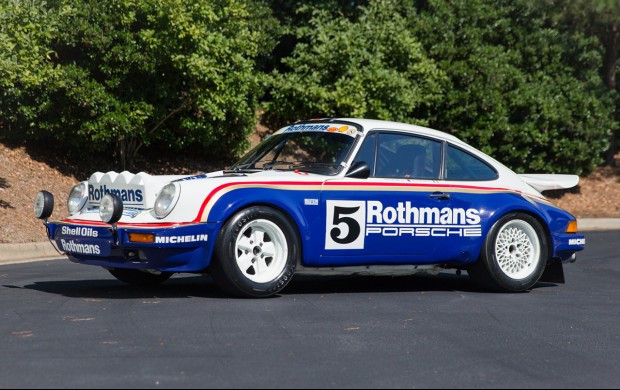
However, Porsche did not worry too much about the development of the last rally 911 because they were more concerned with the development of the 959.
Porsche 959
The 959 was the first Porsche specifically designed with group B and rally in general in mind. With all-wheel drive and a very powerful twin-turbo engine capable of 600 HP, it was a real beast. Introduced to the public in 1984, if it had debuted that same year it would have been the definitive Group B car, but it didn’t.
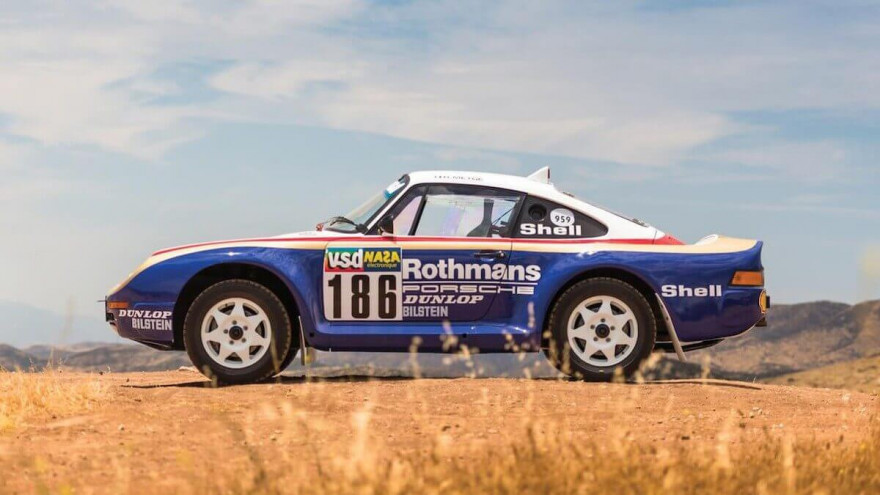
Porsche had to build 200 units to be homologated in group B. Due to delays in production, it was not possible to complete the 200th car until 1987, when group B was already banned. Porsche participated in races where prototypes were allowed. The result was excellent: in 1985 it won the Rally of the Pharaohs with Saeed Al Hajri, and prevailed in all the races.
In 1986, 959 won the Paris-Dakar with the Metge-Lemoyne couple.
Info source: www.wheelsjoint.com
